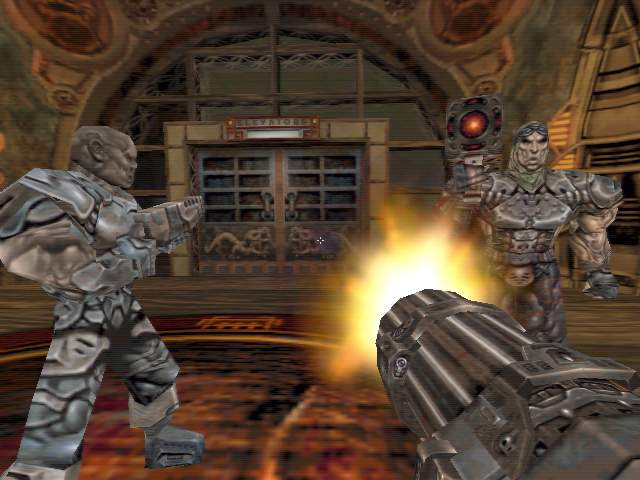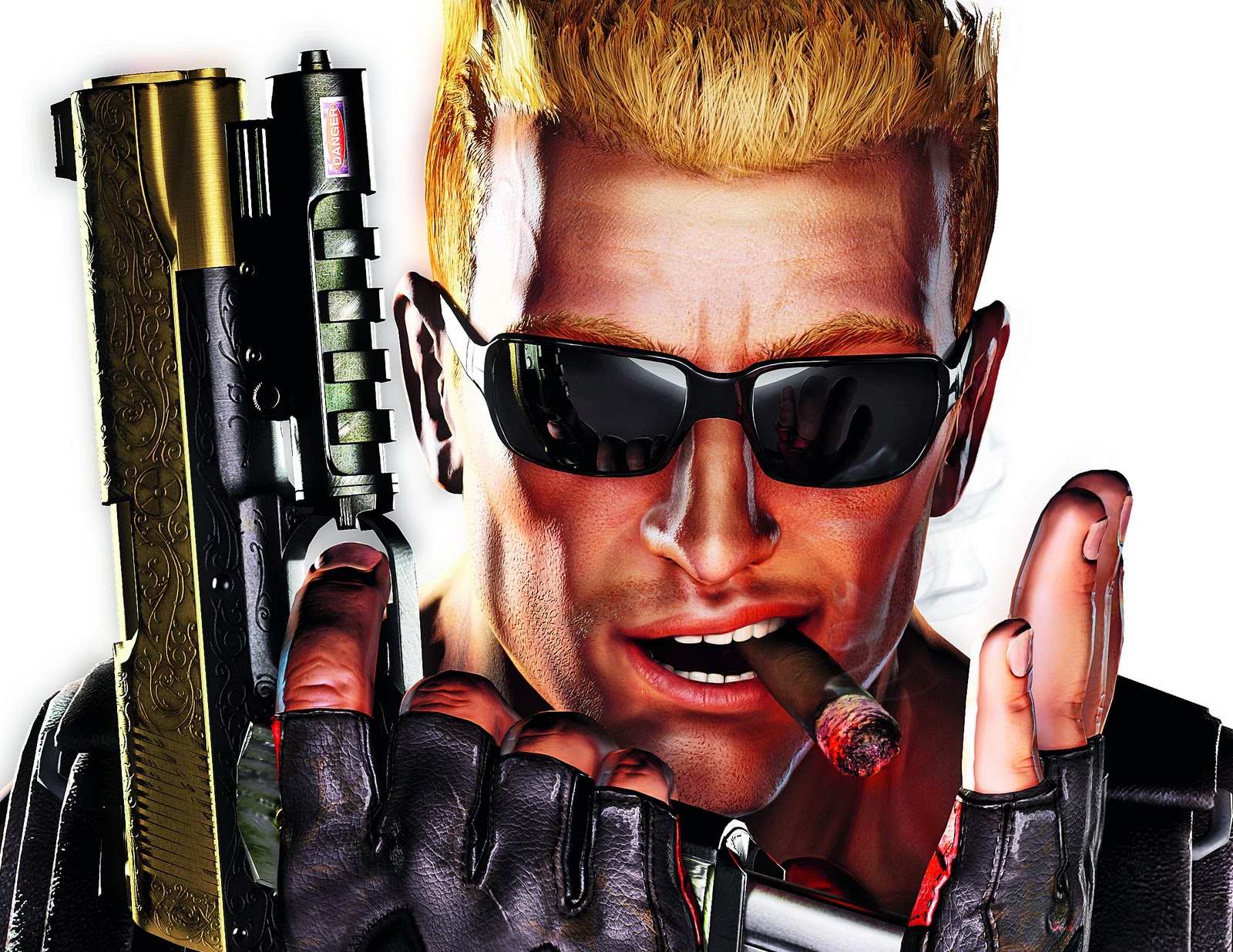
There can be a variety of reasons for why a game might become trapped in development stages way after its supposed 'due' date. From layoffs to console transitions, these unfortunate occurrences in gaming usually lead to unsatisfied fans and overall mediocrity in the title released.
Here are games that had a good thing going concept-wise, but fell flat on their faces when released onto the public.
I Am Alive
What you see before you is an extraordinary E3 trailer that captivated and enticed a wide audience towards this post-apocalyptic set survival game. The end result was a bland, by-the-numbers arcade game that had been severely downgraded from the promising marketing of previous years even after its more than monstrously long creation time.
Yes, the game functioned, and it did have some pretty unique gameplay elements, but you could tell that something went seriously wrong in the handling of this promising title. If you want to get your apocalyptic fix on, The Last Of Us embodies everything that this game should have been in terms of story and mechanics.

Too Human
Announced way back in 1999, this epic attempt at incorporating Norse Mythology (or something - I'm still pretty confused about the plot) transitioned through a vast array of different platforms, such as the original PlayStation and GameCube, until it found itself a home on Microsoft's 360, being developed by reputable team Silicon Knights.
Although its valiant effort to try and tell an original story is commendable, the game is undoubtedly a clustered mess with convoluted RPG elements, stiff character animations, and a tedious character progression system. Maybe if the game was released on an earlier generation, the result would have been a thrilling unique title that would have shown off some really interesting ideas. However, due to its finalization on the 360, the game is constantly hindered by mechanical issues that have been long dormant in the industry, making Too Human just too average.

Daikatana
John Romero's black sheep in an otherwise successful career, Daikatana is a fine example of what happens when a developer has an awesome backdrop for a game but handles the execution of said game with as much finesse as a turd. With outdated graphics even for its 2000 release date, this colossal disappointment failed to amass any sort of revolutionary leaps in gaming like Romero's previous works had done for the industry.
No amount of controversial hype could save this severely postponed travesty from its inevitable doom.

Duke Nukem Forever
Intended to break all sorts of ground in the late '90s, this sequel to popular blockbuster Duke Nukem 3D was passed through numerous development teams and was manufactured during a span of 15 years, an eternity for anyone remotely interested in Duke's whereabouts. There were some pretty spectacular trailers shown at E3 and promotional marketing was signaling that this game was going to be something special, however Forever dropped the ball hard as long time fans were greeted with a cookie cutter shooter that inherited the same generic level designs from the '90s.
This abomination had an unbelievable amount of horrendous jokes and borderline offensive material in an effort to be reminiscent of previous iterations of the Duke Nukem franchise. A below average title at its best, Duke's latest adventure was annihilated by the insane amount of expectations building up for more than a decade, going to show as every year progresses, the demand of quality in your game needs to increase dramatically in order to simply keep up with the ever evolving video game market.






Published: Apr 10, 2014 04:55 am